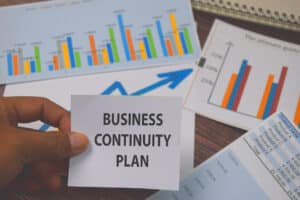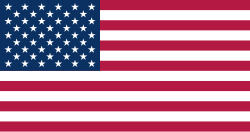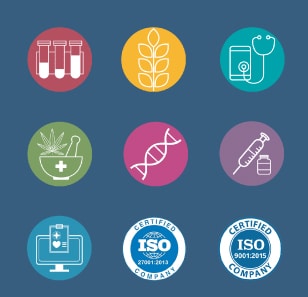Medical Device companies selling devices to the EU are already preparing to re-certify their products (all classes) per the Medical Device Regulations (MDR). The EU has NO ‘grandfathering’, so new regulations require re-submission of all CE-marked products.
Although the mandatory implementation (AKA DoA – Date of Application) of the MDR was postponed to May 2021 (due to COVID-19), the MDR affects many company processes. Implementation will require a detailed assessment to verify all processes are covered, and the transition of the company to the MDR compliance space will go as smoothly as possible.
There are extensive details to consider: The current directive, (MDD) includes 20 articles, over 60 pages and 12 annexes, whilst the new regulation (MDR) is expanded to 123 (!) articles, over 175 pages and 16 annexes.
Key changes affecting Quality Assurance
(and subsequently other areas):
The Quality Management System (QMS) requirements have been updated.
The MDR Article 10(9) and Annex IX list the general requirements of the Quality Management System. Although many are aligned with the changes introduced as part of ISO 13485:2016 implementation, not all are. As part of a review of the guidance for relationship between EN ISO 13485 2016 and the MDR (TR17223), the following highlights were determined:
- The QMS requirements now include a documented Regulatory Strategy.
- Changes in Risk Assessment procedure, relating to more cases that should be considered in the risk evaluation (Listed in Annex I).
- Numerous details are required for the Clinical Evaluation and Post Market surveillance procedure (Listed in Article 61 and Annex XIV). These take time to implement, therefore consider your schedule.
- Unique Device Identifier (UDI) is being implemented into the EU requirements. Although the EU database for the UDI (EUDAMED) is not in place yet, procedures and labels should support the UDI implementation (thus includes a newly introduced process called Basic-UDI).
- Strict governance and controlling of Economic Operators, including changes to agreements with importers and distributors; detailed MDR requirements should be implemented in the Supply Control procedures.
- There are additional terms and definitions changes throughout the QMS
More cross-talk (intercommunication) with Regulatory and Clinical Affairs.
As you look into the new MDR requirements for the Quality Management System procedures, you can notice that many of them increase the cross-talk of Quality, Regulatory, and Clinical affairs.
Next Steps Moving Forward
It is recommended to perform a gap assessment of the MDR chapters and annexes, to verify all requirements were implemented in your QMS procedures.
Thereafter, identify which changes affect which procedure, and work with relevant stakeholders to close those gaps.
How can we help?
RS-Ness supports Life Science companies in QA, Regulatory Affairs, Clinical affairs, Validation and Project Management. Contact us to support your MDR transition.
We will assist you with an MDR gap assessment to help you create an appropriate project plan, and support the transition throughout the Regulatory, Clinical, QA, Validation, and Engineering processes.
We differentiate ourselves by being quality-oriented and by our technical expertise that comes with a hands-on experience and approach, ensuring that our clients receive the most effective and professional service.
Our clients range from small Start-Ups to international companies.
If you have any questions, or if you need professional support, please contact us.



















